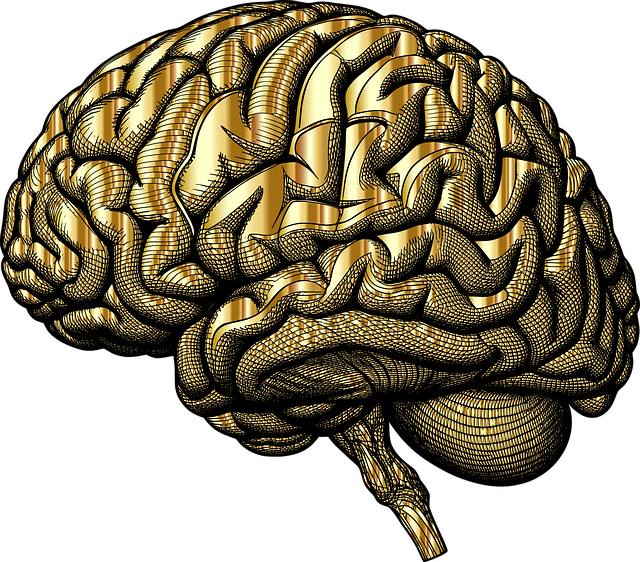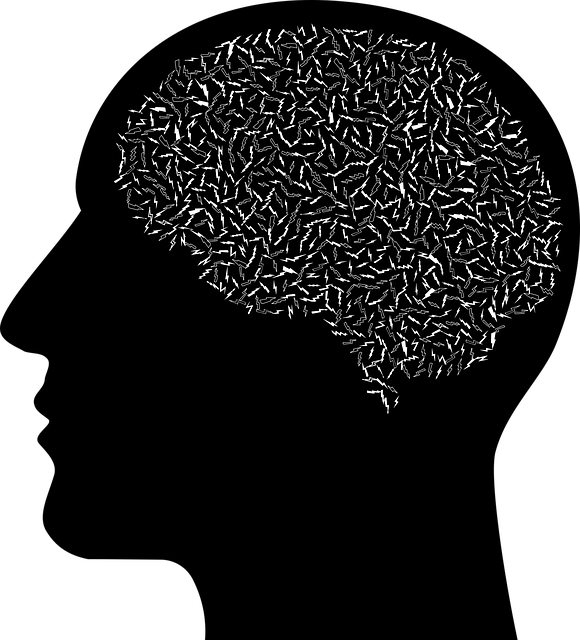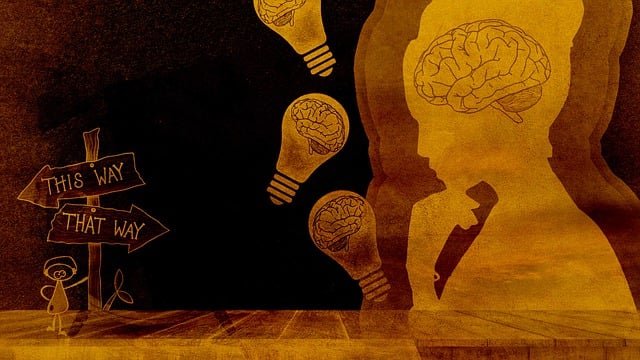Stress management is crucial for mental health, especially for individuals with conditions like Centennial Bipolar Disorder (CBD). Effective CBD therapy combines tailored strategies such as Cognitive-Behavioral Therapy (CBT) and mindfulness practices. Mental Health Policy and Advocacy play a significant role in shaping societal perceptions and resources for stress-related disorders. Integration of compassion cultivation, mindfulness meditation, physical exercise, conflict resolution techniques, and empathy building into daily routines enhances coping abilities and promotes well-being, reducing the risk of relapsing into CBD symptoms.
Stress management techniques are essential tools for maintaining mental health, especially in navigating complex conditions like Centennial Bipolar Disorder. This article delves into understanding stress and its profound impact on mental well-being, while shedding light on the challenges of Centennial Bipolar Disorder, its symptoms, and how therapy approaches offer a path to long-term resilience. We explore effective daily practices and integrate therapeutic strategies for holistic wellness, empowering individuals to manage stress effectively.
- Understanding Stress and Its Impact on Mental Health
- Unveiling Centennial Bipolar Disorder: Symptoms and Challenges
- Effective Stress Management Techniques for Daily Life
- Integrating Therapy Approaches for Long-Term Wellbeing
Understanding Stress and Its Impact on Mental Health

Stress is an inevitable part of life, but its impact on mental health can vary significantly from person to person. Understanding this dynamic relationship is crucial for effective stress management techniques teaching. For individuals with pre-existing conditions like Centennial Bipolar Disorder Therapy, managing stress becomes a critical aspect of maintaining overall well-being.
Beyond the individual level, Mental Health Policy Analysis and Advocacy plays a vital role in shaping societal attitudes and resources towards stress-related disorders. Well-designed Mental Health Education Programs can equip people with the knowledge to recognize and manage their stress levels, fostering a more supportive environment for those struggling with mental health challenges. Compassion Cultivation Practices, when incorporated into these programs, can further enhance individuals’ ability to cope by promoting empathy and understanding in stressful situations.
Unveiling Centennial Bipolar Disorder: Symptoms and Challenges

Centennial Bipolar Disorder (CBD), a chronic mental health condition characterized by extreme mood swings, has gained increasing recognition in recent years. Unlike traditional bipolar disorder, CBD presents unique challenges as its symptoms often go unnoticed or misdiagnosed due to their subtle nature. This elusive disorder can manifest in various forms, making it crucial for mental health professionals to be adept at risk assessment and cultural sensitivity.
Understanding the nuances of CBD involves recognizing its diverse presentation, which may include rapid cycling between depression and mania, or prolonged periods of hypomania. The impact of this condition extends beyond emotional distress, affecting daily functioning and interpersonal relationships. Effective therapy for CBD often requires a tailored approach, incorporating strategies such as cognitive-behavioral therapy (CBT) and mindfulness practices to manage symptoms and improve overall well-being. Moreover, cultural sensitivity in mental healthcare practice is essential, ensuring that treatment aligns with the individual’s cultural background and beliefs while fostering effective communication and building trust.
Effective Stress Management Techniques for Daily Life

In today’s fast-paced world, effective stress management techniques are essential for maintaining mental well-being, especially for individuals grappling with conditions like Centennial Bipolar Disorder Therapy. While professional therapy plays a pivotal role, integrating certain strategies into daily routines can significantly enhance coping mechanisms. One powerful tool is mindfulness meditation, which encourages staying present and observing thoughts without judgment, fostering emotional balance. Additionally, engaging in physical exercise, such as yoga or even a brisk walk, releases endorphins that naturally reduce stress hormones.
Beyond individual practices, conflict resolution techniques and empathy building strategies are invaluable. Learning to navigate disagreements with others calmly and empathically can prevent escalating tensions, promoting healthier relationships. These skills are especially relevant when considering the broader impact of mental health on societal levels, as Mental Health Policy Analysis and Advocacy play a crucial role in shaping supportive environments for all individuals, regardless of their challenges.
Integrating Therapy Approaches for Long-Term Wellbeing

Integrating therapy approaches is a powerful strategy for managing stress and promoting long-term wellbeing, especially for individuals dealing with conditions like Centennial Bipolar Disorder. By combining various therapeutic modalities, practitioners can offer a comprehensive and tailored treatment plan. For instance, Cognitive Behavioral Therapy (CBT) can help individuals identify and challenge negative thought patterns, while Mindfulness-Based Stress Reduction (MBSR) teaches present-moment awareness to regulate emotional responses.
This holistic integration also includes crisis intervention guidance, self-esteem improvement techniques, and resilience building exercises. By fostering a sense of control over one’s mental health, these approaches empower individuals to navigate stressful situations more effectively. Over time, this can lead to enhanced coping mechanisms, improved overall mental wellness, and a reduced risk of relapsing into disordered patterns, such as those seen in Centennial Bipolar Disorder.
In navigating the complex landscape of stress management, understanding its profound impact on mental health is paramount. The article has delved into both the causes and effects of stress, highlighting the specific challenges posed by conditions like Centennial Bipolar Disorder. By exploring effective techniques from daily life management to integrated therapy approaches, individuals equipped with these tools can foster long-term wellbeing and enhance their overall resilience against stress. Adopting these strategies promises a revolutionary change in how we approach mental health, offering hope for a more balanced and serene existence.














